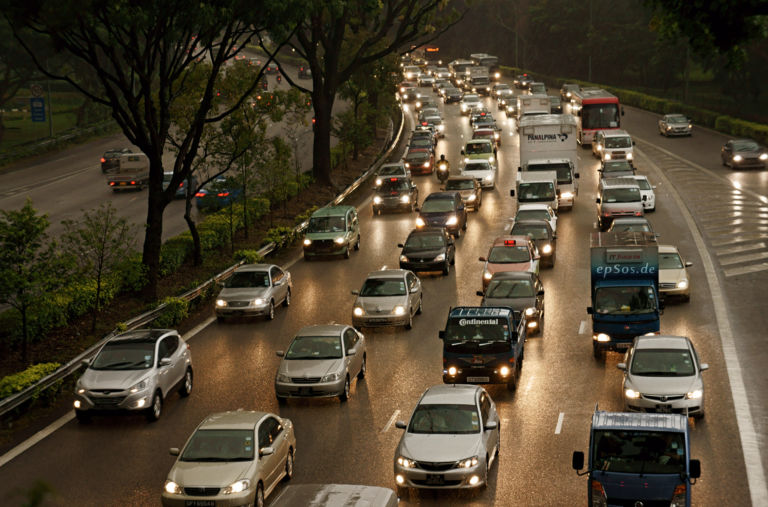Editors at National Review Online explain how environmental leftists push goals that create their own problems.
It’s one of the many internal contradictions of modern environmentalism that proponents want more things to be powered by electricity while also wanting to make it harder to generate electricity. There’s hardly a better demonstration of that contradiction than California public utilities’ advising their customers not to charge their vehicles during certain hours of the day when electricity supply will run low. Gas stations start to look pretty attractive to drivers, even if prices are high, if they can at least guarantee the ability to drive at any time.
But California is set to deny its residents that option, with the sale of new gasoline-powered cars to be banned by 2035. In addition, the state is slowly banning diesel-powered trucks, with an estimated 80,000 trucks becoming illegal overnight on January 1 for having engines that were built before 2010. That will ratchet up in stages every few years, eventually culminating in a total ban.
Forcing more dependence on a brittle system is harmful both to California residents and to the companies running the electric grid, but it’s the direction California politicians have decided to go, and they don’t seem to be swayed by recent events.
Governor Newsom sees this energy shortage as “just the latest reminder of how real the climate crisis is.” He said that it “reinforces the need for urgent action to end our dependence on fossil fuels that are destroying our climate and making these heat waves hotter and more common.”
Yet the United States as a whole continues to reduce its carbon-dioxide emissions, which have been trending downward since 2007 (no matter who’s president). Also, plenty of other states have experienced heat waves, and they’ve managed to do so without the specter of blackouts.


